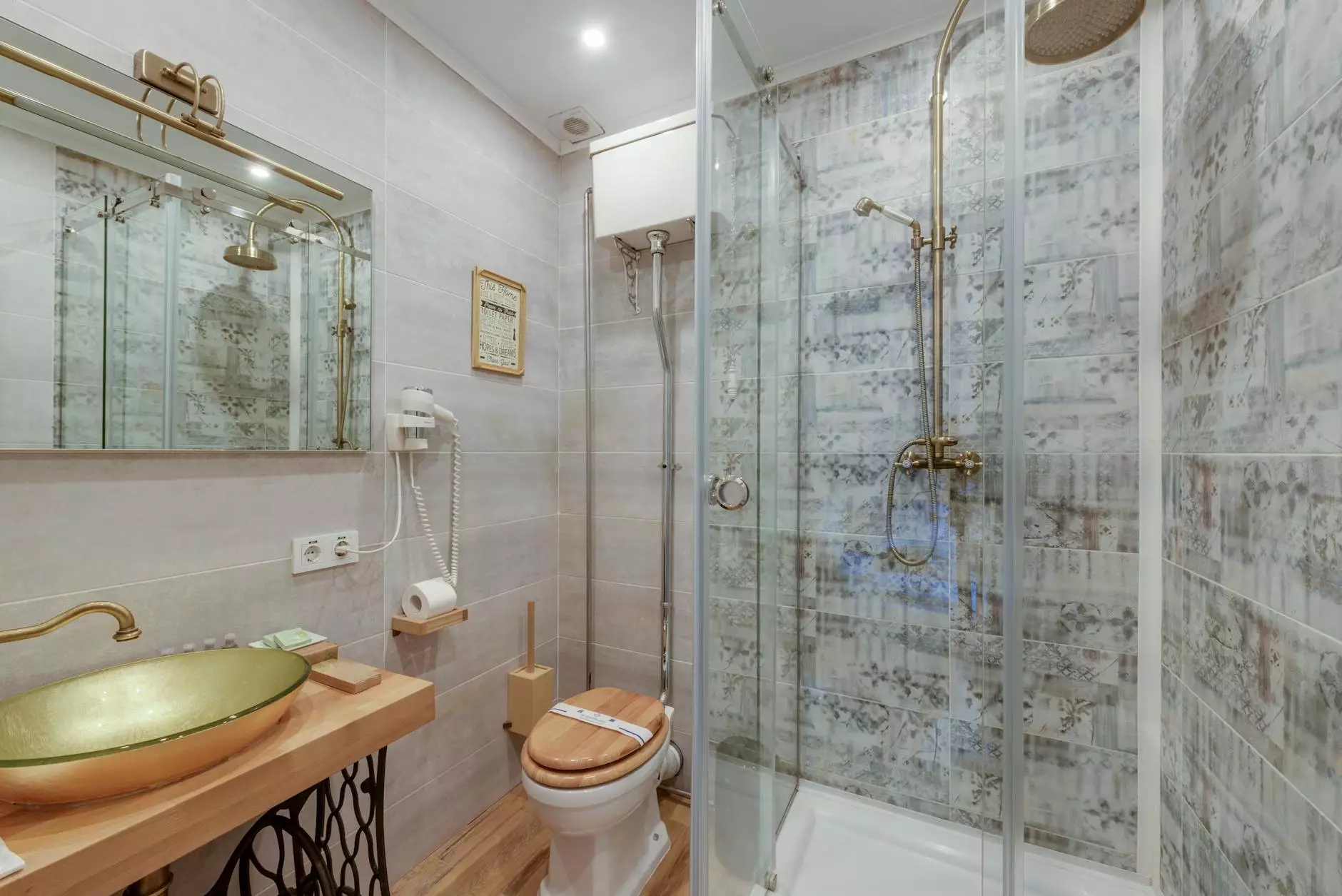Understanding Gas Plumbing: The Backbone of Modern Utilities

Gas plumbing is a critical aspect of modern infrastructure, playing a pivotal role in providing energy for heating, cooking, and hot water. The efficient use of gas through plumbing systems enhances the comfort and convenience in residential and commercial spaces. This comprehensive guide will delve into the intricacies of gas plumbing, covering its importance, safety measures, and maintenance priorities.
The Importance of Gas Plumbing
Gas plumbing encompasses the installation, maintenance, and repair of gas lines and appliances in homes and businesses. Its significance is rooted in several factors:
- Energy Efficiency: Natural gas is often a more efficient energy source compared to electricity, leading to lower utility bills.
- Reliability: Gas plumbing systems typically provide a consistent and reliable energy supply, crucial for heating and cooking.
- Environmental Impact: Natural gas produces fewer greenhouse gas emissions than other fossil fuels, making it a cleaner energy option.
How Gas Plumbing Works
The fundamentals of gas plumbing involve a network of pipes that transport natural gas from the supply source to various appliances. Here’s how it generally works:
- Gas Source: Natural gas is usually supplied via pipelines from a central distribution system.
- Metering: Gas meters measure the consumption for billing purposes.
- Piping Network: A system of pipes transports gas from the meter to appliances such as furnaces, water heaters, and stoves.
- Appliance Connection: Appliances have specific connectors where gas connects, and they utilize it to function.
Common Gas Plumbing Appliances
Gas plumbing systems support various appliances that enhance daily living standards. Here are some common gas-powered appliances:
- Gas Stoves and Ovens: These appliances provide a precise and instant heat source for cooking.
- Water Heaters: Gas water heaters typically deliver hot water more quickly than electric versions.
- Furnaces: Gas furnaces effectively heat spaces, ensuring comfortable indoor environments.
- Fireplaces: Gas fireplaces add ambiance and warmth, often with lower maintenance than wood-burning units.
Safety in Gas Plumbing
Safety is paramount in any plumbing system, especially regarding gas piping. Here are essential safety practices for gas plumbing:
Regular Inspections
Investing in regular inspections by qualified professionals is crucial. Technicians check for:
- Leaks in gas lines.
- Integrity of seals and joints.
- Functionality of gas appliances.
- Proper ventilation systems to prevent dangerous gas buildup.
Understanding Gas Leaks
Gas leaks pose a significant safety risk. Recognizing the signs can prevent catastrophic events:
- Odor: A rotten egg smell, added to gas for detection, is a primary indicator.
- Hissing Sounds: A hissing noise near gas lines can signal a leak.
- Physical Symptoms: Nausea, dizziness, or headaches may indicate exposure to gas.
If you suspect a gas leak, evacuate the area immediately and contact professionals.
Gas Plumbing Maintenance Tips
Maintaining a gas plumbing system is vital for longevity and performance. Here’s how to ensure your gas systems remain in top shape:
1. Schedule Regular Maintenance
Annual maintenance checks by a licensed gas plumber can identify issues before they become significant problems.
2. Keep Ventilation Clear
Ensure all ventilation areas are unobstructed to prevent dangerous gas accumulation.
3. Inspect Appliances
Regularly inspect appliances for any flaws or aging components. Replace old hoses and fittings to ensure a secure connection.
4. Educate Family Members
Educate everyone in the household about gas safety, including how to detect leaks and what to do in emergencies.
Why Choose Professional Plumbing Services?
There are multiple benefits to employing professional plumbing services for gas plumbing tasks:
- Expertise: Professionals possess the knowledge and experience to handle complex systems safely and effectively.
- Tools and Equipment: They have access to specialized tools that ensure a high-quality installation and repair process.
- Compliance: Professionals adhere to local codes and regulations, ensuring installations are legal and safe.
- Warranty and Guarantees: Many services offer warranties, providing peace of mind and security for your investment.
Emerging Trends in Gas Plumbing
The gas plumbing industry is evolving with technology. Here are some noteworthy trends:
Smart Appliances
Enhanced connectivity in appliances allows for remote monitoring and management, optimizing energy use and efficiency.
Eco-Friendly Solutions
Many companies are pursuing eco-friendly practices, from sourcing sustainable materials to improving systems that reduce emissions.
Advanced Leak Detection Technologies
New technologies, such as gas detection sensors, can alert homeowners of leaks, providing an extra layer of safety.
Conclusion
In conclusion, understanding the principles of gas plumbing is vital for any homeowner or business owner. Proper installation, maintenance, and safety precautions can ensure that gas plumbing systems operate efficiently and securely. Always consider engaging professionals for any installation or maintenance work to benefit from their expertise and ensure the safety of your home or business.
For inquiries about gas plumbing services, including installation, maintenance, and repairs, visit hightideplumbingandgas.ca. Ensuring your gas plumbing is handled correctly and professionally is essential for a safe and comfortable living environment.









